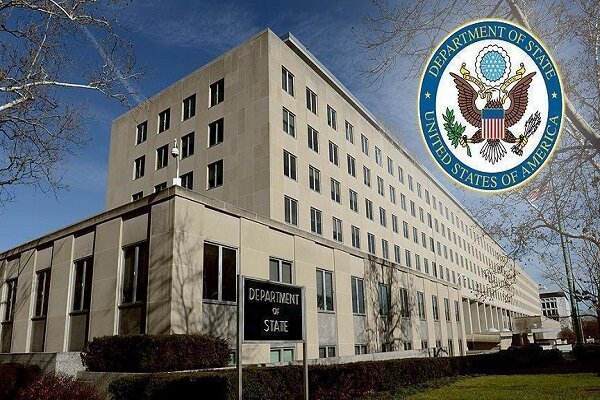The United States emphasized that Hayat Tahrir al-Sham is a terrorist organization.
A US State Department spokesperson told Al-Mayadeen about the nature of Hayat Tahrir al-Sham, which has recently begun its activities in northwestern Syria: Hayat Tahrir al-Sham is designated as a foreign terrorist organization.
The US diplomatic official added: “We, along with our allies and partners, want to protect civilians, including minorities, in Syria.”
The US State Department spokesperson added: “The time has come to negotiate an end to the Syrian war by UN Security Council Resolution 2254.”
Previously, US officials had also placed Hayat Tahrir al-Sham on the list of foreign terrorist groups.
As mentioned above, Jabhat al-Nusra, HTS’s precursor organization, was formed in Syria in 2011 as al-Qaeda’s affiliate within the opposition to the Assad regime. Nusra’s leader, Abu Mohammad al-Jolani, quickly established a capable organization, which secured its own donors in the Persian Gulf, collected revenue from taxation and asset seizures in the territories under its control, became adept at conducting insurgent attacks, and attracted a growing number of fighters. Jabhat al-Nusra maintained its ties to al-Qaeda even after al-Qaeda’s highly publicized split with the Islamic State, whose leader, Abu Bakr al-Baghdadi, had been instrumental in Jabhat al-Nusra’s initial establishment. In late July 2016, however, al-Jolani announced the dissolution of Jabhat al-Nusra and the establishment of a new group, Jabhat Fatah al-Sham. The group no longer had “external ties” with al-Qaeda, which many analysts suggested was an indication that while al-Jolani had formally severed its public relationship with al-Qaeda, the group would, in theory, continue to have a secret relationship with al-Qaeda and receive strategic and operational guidance. However, al-Jolani’s announcement was undertaken without consulting Ayman al-Zawahiri, the emir of al-Qaeda, and created significant tension within the organization

